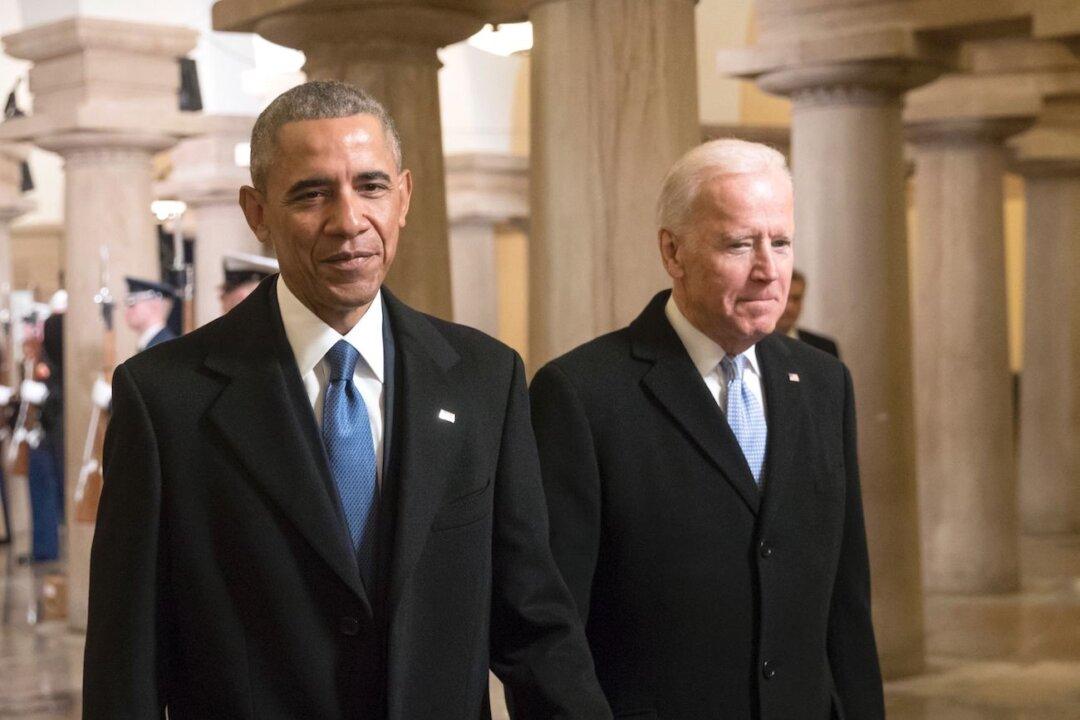Commentary
The terrorist Iranian regime’s unprecedented recent attack on Israel, which included 185 drones, 36 cruise missiles, and 110 surface-to-surface missiles, is an unambiguous casus belli—an act of war—under international law.

The terrorist Iranian regime’s unprecedented recent attack on Israel, which included 185 drones, 36 cruise missiles, and 110 surface-to-surface missiles, is an unambiguous casus belli—an act of war—under international law.